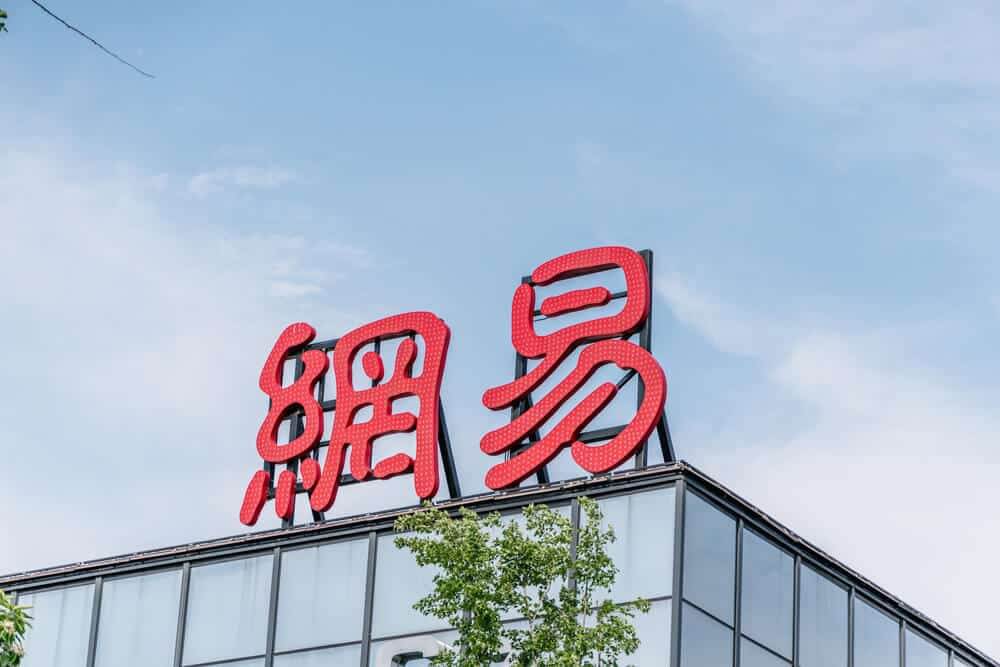
NetEase Launches Secondary Hong Kong Listing
Chinese internet company NetEase Inc. moved ahead with its secondary initial public offering (IPO) in Hong Kong, as the company began taking investors’ orders for what could be the world’s second-biggest initial share sale this year.
Seeking to raise as much as $2.8 billion, the Nasdaq-listed firm stated that it was issuing over 171 million new shares at a maximum price of HK$126 ($16.25) per share. The gaming group did not immediately respond to a request for comment about its minimum price for the new shares.
Its latest offering came after the roughly $13 billion secondary listing by e-commerce giant Alibaba Group Holdings Ltd. in November. NetEase’s final price offering is due to be set on Friday. The expectation is for it to start trading in Hong Kong on June 11.
Hong Kong’s IPO Hiatus
The internet company’s listing would be the country’s first billion-dollar-plus listing in over six months. This is after the COVID-19 pandemic, the market crash, and the volatility that the virus caused. It put many IPOs on hold, as issuers waited to see better conditions.
Data from a major international news agency showed that Hong Kong has not seen a hiatus of billion-dollar offerings last this long since the 2007-2008 global financial crisis.
Only $3.47 billion has been raised through IPOs in Hong Kong so far this year. This put it behind both New York’s and mainland China’s stock exchanges, according to the data.
This may be the first time in six years that Hong Kong is not among the top three listing spots worldwide. However, it still has the remaining six months to improve its standing.
NetEase expected to determine its IPO price on Friday. Additionally, China’s online retail giant, JD.com Ltd., planned a second listing in the city. This might raise at least $2 billion. Both these meant IPO activity in Hong Kong is likely to recover as issuers try to benefit from the momentum.
The heated conflict between the US and China is also seen as potentially supporting Hong Kong’s ranking on the listing venue chart for Chinese companies. Washington targeted the accounting and audit standards of Chinese as well as other foreign firms on US financial exchanges.
Apart from delisting Chinese companies, US President Donald Trump’s administration also proposed to limit US investors’ exposure to the Chinese market through government pension funds, and cap Chinese businesses included in stock indices managed by US groups.
That pressure could push more Chinese companies to list elsewhere, particularly in China’s greater area.




